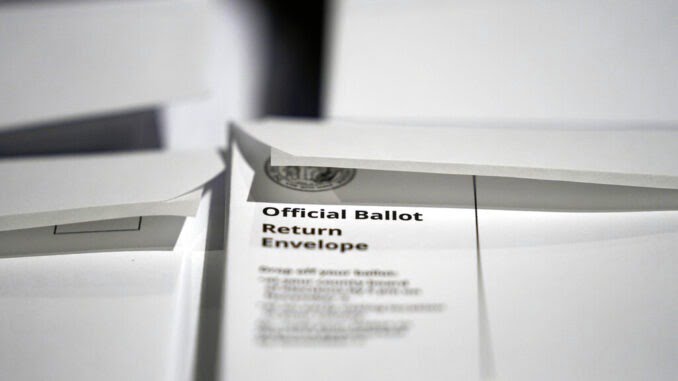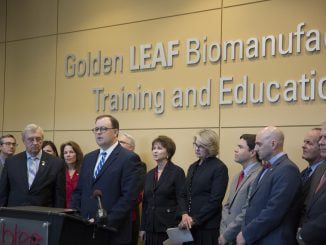
RALEIGH – A federal judge granted a temporary restraining order to stop implementation of a settlement agreement from the N.C. State Board of Elections that would loosen absentee ballot laws in the 2020 election in North Carolina.
Judge James Dever blocked the agreement through Oct. 16 and transferred the case to Judge William Osteen in the U.S. Middle District Federal court. The Board of Elections and Attorney General Stein had claimed that their secretive settlement agreement to undo absentee ballot fraud protections was actually to comply with an Aug. 4 ruling from Judge Osteen.
Senate Leader Phil Berger (R-Eden) said, “Judge Dever restored sanity into this election by temporarily blocking the eleventh-hour rule changes to undo absentee ballot fraud protections. This is a win for every voter in the state who would prefer not to see the Board of Elections change the rules of the game after it’s already started.”
In Dever’s decision, he said that changes the NCSBE’s changes “eliminate the statutory witness requirement, change the statutory dates and method by which absentee ballots are accepted, and change the statutory scheme as to who can deliver absentee ballots.”
Dever also said “The NCSBOE inequitably and materially upset the electoral status quo in the middle of an election by issuing the memoranda and giving the memoranda legal effect. The memoranda, by materially changing the electoral process in the middle of an election after over 300,000 people have voted, undermines that confidence and creates confusion.”
According to a report by the Associated Press, Dever asked the lawyers from the state attorney general Josh Stein’s office if the new procedure essentially eliminated the witness requirement.
The NC DOJ attorney representing the NCSBE, Alexander Peters, argued that the county election officials receiving the voter’s affidavit responding to a deficiency would stand in for the witness.
Dever disagreed and said “They’re not really witnessing it. They’re seeing a piece of paper.”
In his ruling, Dever also halted the NCSBE’s rule update that would give county boards an additional six days to accept mailed-in ballots arriving beyond Election Day if they were postmarked by Nov. 3.



